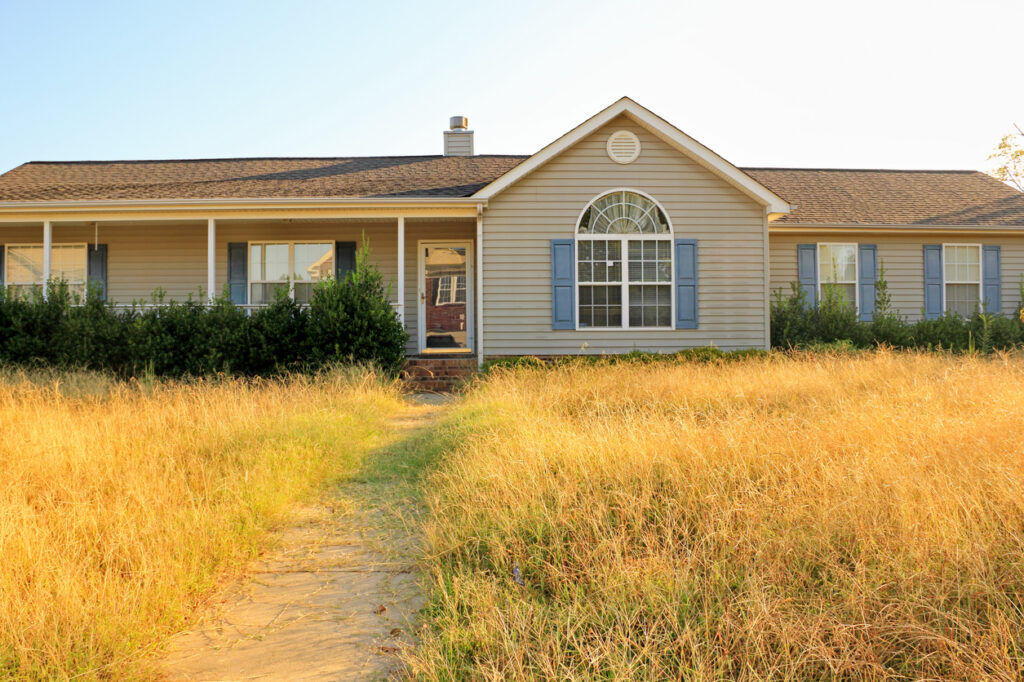Buying Tax Deed Property: A Smart Way to Score Cheap Houses?

Let’s be honest, real estate in 2025 is all over the place. Prices are up, inventory’s tight, and finding a good deal takes real effort. That’s why more and more investors are checking out tax deed properties. But is it a cheap way to buy a house or a risk that isn’t worth taking?
Let’s take a look at what tax deed properties are and whether it’s a move worth making.
What Are Tax Deed Properties, Anyway?
Tax deed properties are obtained when a property owner skips out on their property taxes for too long, and the local government takes action.
In an attempt to recover the lost tax money, the government puts the property up for auction. These are called tax deed sales, and if you win the bid, you usually get full ownership of the property, often for a fraction of what the place is actually worth.
This differs from tax lien investing, where you buy the debt, not the property itself.
Tax deed properties are also different than foreclosure properties.
While both tax deed and foreclosure properties deal with a lack of payment, a property is considered a tax deed property when the property taxes are not paid. Because taxes are paid to the government, the government seizes and sells the property.
On the other hand, a property goes into foreclosure when the mortgage is not paid to the lending bank. The bank then seizes the property and can sell it.
Why the Tax Deed Strategy Makes Sense in 2025
1. People Can’t Keep Up With Property Taxes
With the persistent high cost of living and incomes not keeping pace, tax delinquencies are still happening in many areas. For investors, that means more potential opportunities.
2. You Might Get Built-In Equity
Often, when you purchase a tax deed property, all other liens and debts are wiped out. Therefore, you could grab a place that’s already worth way more than your bid.
That’s a big win if you’re looking to flip or rent it out.
However, be cautious and perform your due diligence on the property so that you know the specific financial requirements of the purchase.
3. Bidding Is Easier Than Ever
Thanks to online auctions, you can now get in on the action without traveling across the state. It’s possible to find, research, and bid on properties without leaving your house.
That said, it’s essential to research an area thoroughly before buying a property.
4. It’s Budget-Friendly Compared to Traditional Investing
Let’s say you don’t have a ton of cash to start with—you’re not alone. Tax deed auctions sometimes start at just a few hundred dollars, depending on where you’re looking. That makes it doable for newer investors.
But Don’t Ignore the Downsides
1. Some Properties Need Major Repairs
You don’t get to walk through these homes before you buy. Some might be fine, but others could need a full gut job. Worst case? The place might need to be torn down.
2. Title Problems Can Be Hiding
Most tax deeds are solid, but some come with baggage, like old utility bills or code violations. It’s a good idea to check the title or get help from someone who knows the ropes.
3. The Market You Choose Matters
Not every county is investor-friendly. Some are super competitive, others are in decline. Do a deep dive on the area before placing any bids.
If You’re Thinking About Getting Started
- Use tools like foreclosure sites or county websites to research properties ahead of time.
- Talk to a local realtor or investor who knows the auction scene.
- Don’t go all in on your first try. Start small so you can learn the process without taking a big risk.
- Know the rules in your state—some states allow the original owner to reclaim the property after it’s sold (usually more common with liens, but still worth checking).
Bottom Line: Is Buying a Tax Deed Property Worth Trying?
It can be if you do your homework.
Tax deed investing isn’t a guaranteed win, but it’s one of the few ways you can still find real estate deals under market value. It takes time, research, and a bit of risk tolerance, but for many, it’s totally worth it.
If you want a less conventional (but more affordable) path into real estate, this could be the opportunity you’ve been waiting for.





